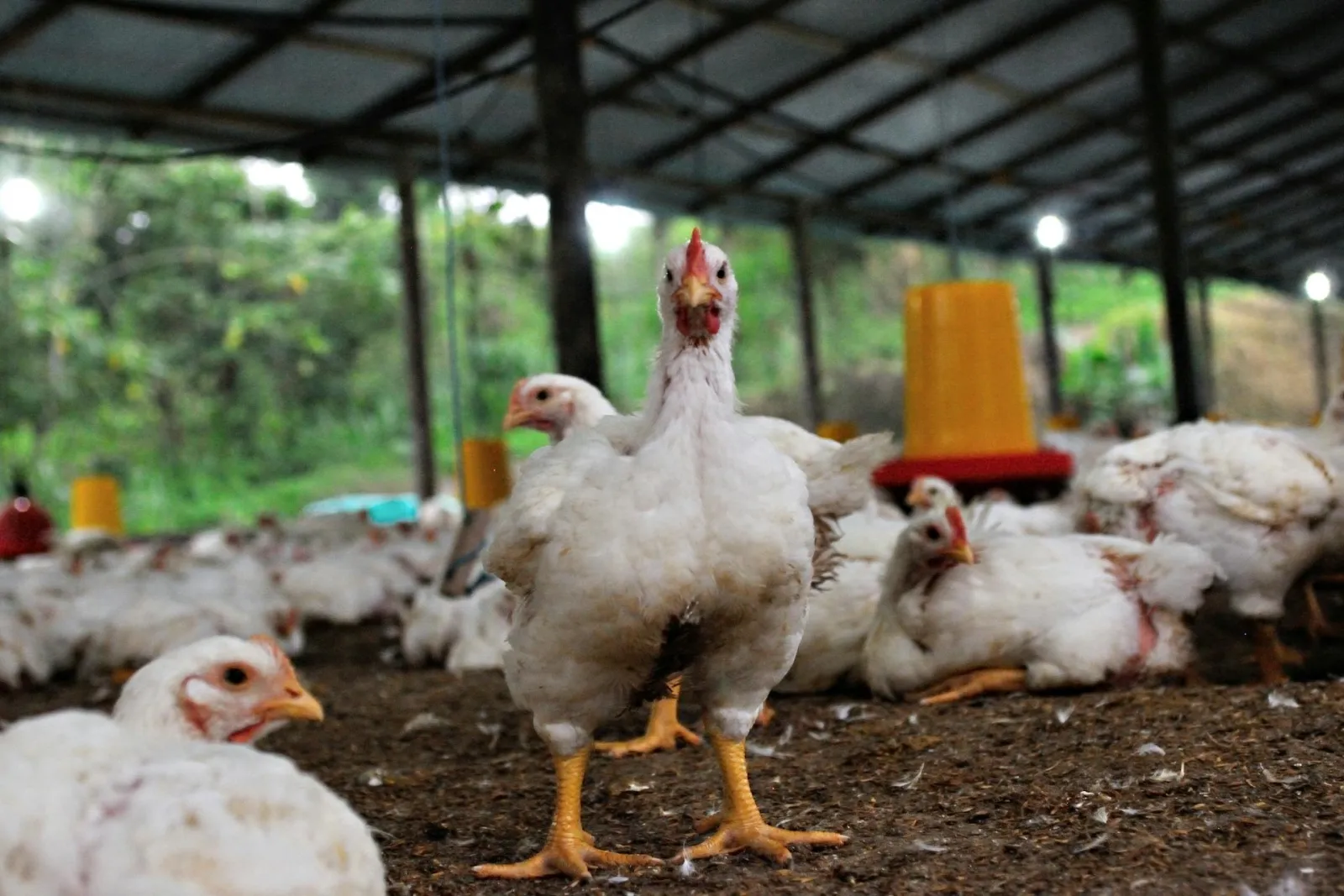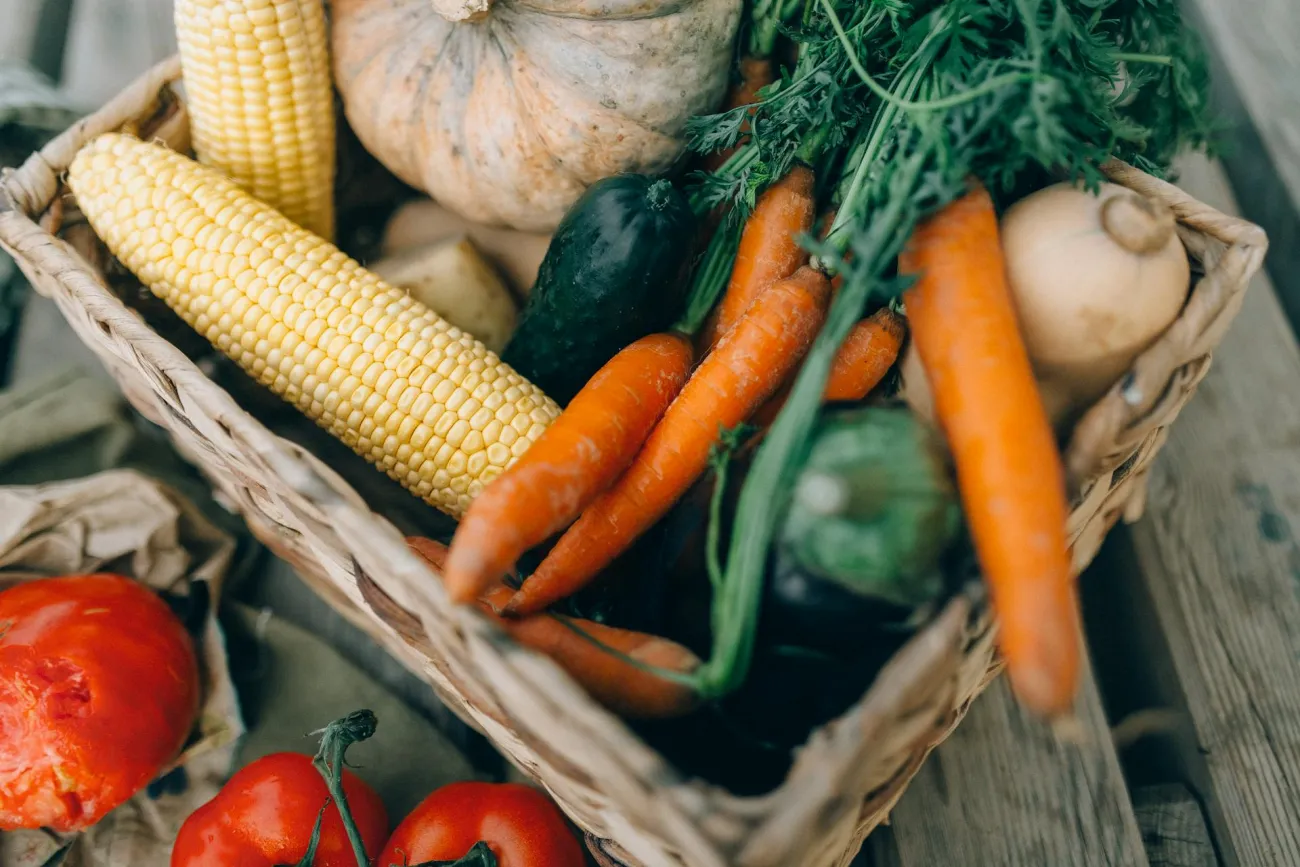This analysis finds that global agricultural production for food and industrial inputs has increasingly shifted to the global South, global food-system income is increasingly captured by post-farm activities in the global North, and a substantial share of food-system income is captured in low-tax jurisdictions with low agricultural production.
Abstract
Agri-food systems are increasingly globalised. In the last three decades, as national food systems have become more interdependent, the distribution of productive activities and economic value between different actors and countries has changed. Prior research on domestic agri-food value chains has shown that the farm share of food-system income has declined consistently, while post-farmgate sectors capture the majority of income. Market concentration in post-farmgate sectors is high in industrialised economies and is driving food-system transformations in developing economies. Here, we extend this analysis to assess the global distributional consequences of food-system transformations for the first time. We use multi-regional input-output data to disaggregate food expenditures between different countries and sectors across agri-food value chains, from 1995 to 2020. We arrive at several main findings: 1) agricultural production for food and industrial inputs has increasingly shifted to the global South, 2) global food-system income is increasingly captured by post-farm activities in the global North, and 3) a substantial share of food-system income is captured in low-tax jurisdictions with low agricultural production. These findings demonstrate that the contemporary agri-food system and agricultural trade are skewing the distribution of economic returns away from agricultural producers in the global South.




Comments (0)